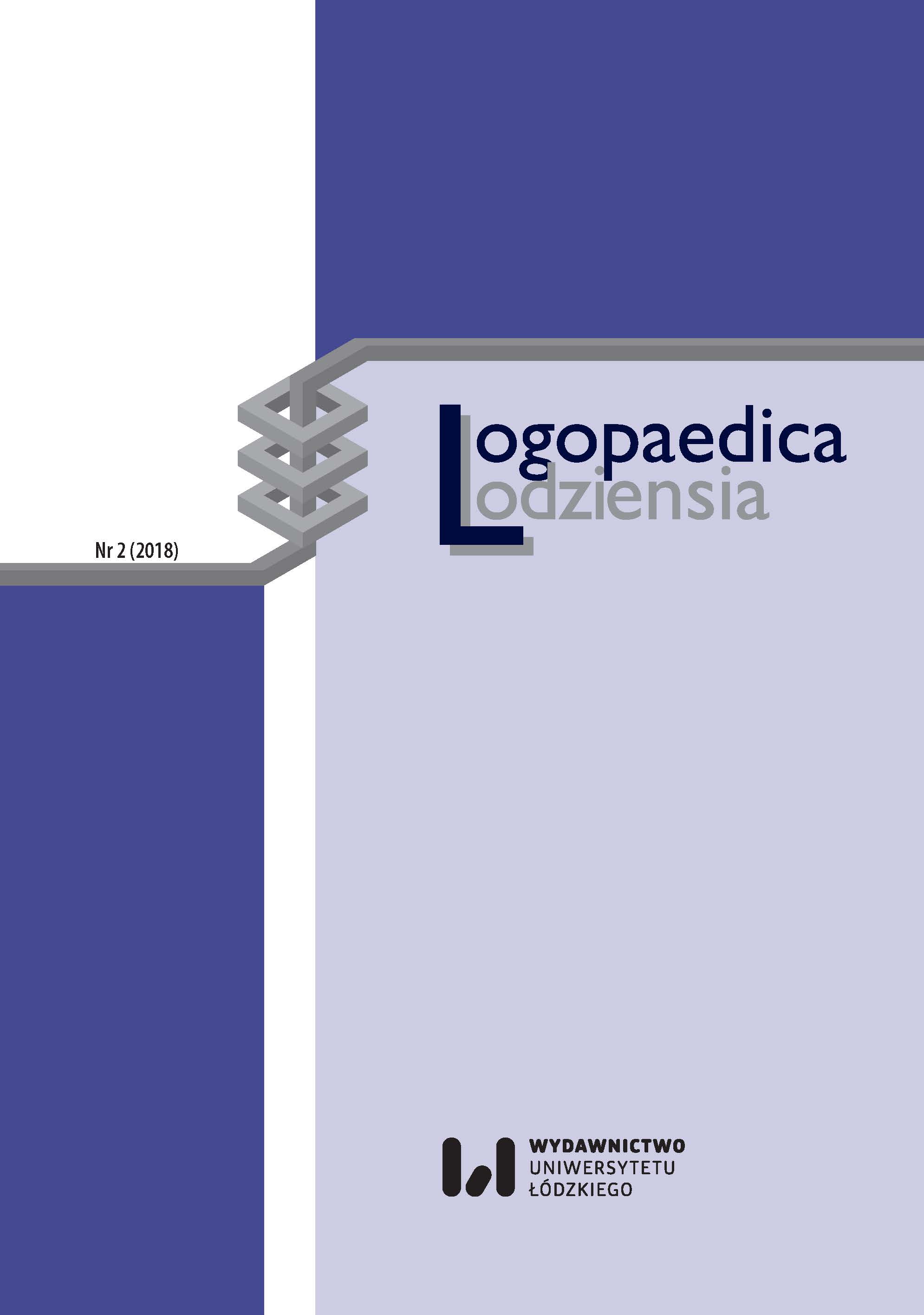Logos i metanoia
Logos and Metanoia
Author(s): Bogusław MaryniakSubject(s): Language studies, Ancient Philosphy, Philology
Published by: Wydawnictwo Uniwersytetu Łódzkiego
Keywords: classical philosophy; logos; metanoia; language; “second navigation”; stream of consciousness; filozofia klasyczna; strumień świadomości
Summary/Abstract: The aim of this paper is to reconsider the meaning of the two title concepts which can be found at the base of the European thought. Referring to the works of Giovanni Reale (Italian historian of philosophy from the turn of the 20th and 21st centuries) the author tries to reconstruct the Greek reflection of spiritual transformation. Starting with Odyssey by Homer and selected works by Plato the concept of “second navigation” is presented. In case of Plato, it is his Letters that play a crucial role in the demonstration of “second navigation”. The transformation of this very concept in Neoplatonism of Philo of Alexandria and Plotinus is subsequently discussed. The author also brings to mind two Greek conceptions of time: Cronus and Caerus. The text also has reference to contemporary philosophy and literature. On the one hand, “second navigation” takes on a new meaning in the light of the concept of “stream of consciousness” invented by William James. On the other one, the idea of “stream of consciousness” was deliberately used in Ulysses by James Joyce in order to describe a situation when no “second navigation” is possible. In this way, the story of spiritual transformation of both Odysseus and Stephen Dedalus from Ulysses by James Joyce can be reinterpreted anew. // Celem artykułu jest rozważenie znaczenia dwóch tytułowych pojęć, które można znaleźć u podstaw myśli europejskiej. Nawiązując do pracy Giovanniego Reale, włoskiego historyka filozofii przełomu dwudziestego i dwudziestego pierwszego wieku, autor dokonuje próby rekonstrukcji greckiej refleksji o przemianie duchowej. Zaczynając od Odysei Homera i wybranych dzieł Platona, dokonana zostaje prezentacja „drugiego żeglowania”. W przypadku Platona szczególnie ważną rolę odgrywają Listy, wyraźnie prezentujące to pojęcie. Następnie zostaje omówiona przemiana tego pojęcia w neoplatonizmie Filona z Aleksandrii i Plotyna. Ponadto autor przypomina dwa greckie pojęcia czasu: Kronosa i Kairosa. Prowadzi to do odniesień wziętych ze współczesnej filozofii i literatury. Z jednej strony „drugie żeglowanie” nabiera nowego znaczenia w świetle koncepcji strumienia świadomości Wiliama Jamesa. Z drugiej zaś strumień świadomości został świadomie zastosowany w Ulissesie Jamesa Joyce’a do opisu sytuacji, w której nie dochodzi do „drugiego żeglowania”. W ten oto sposób na nowo może być reinterpretowana historia duchowej przemiany Odysa i Stefana Dedalusa z Ulissesa Jamesa Joyce’a.
Journal: Logopaedica Lodziensia
- Issue Year: 2018
- Issue No: 2
- Page Range: 119-136
- Page Count: 18
- Language: Polish

